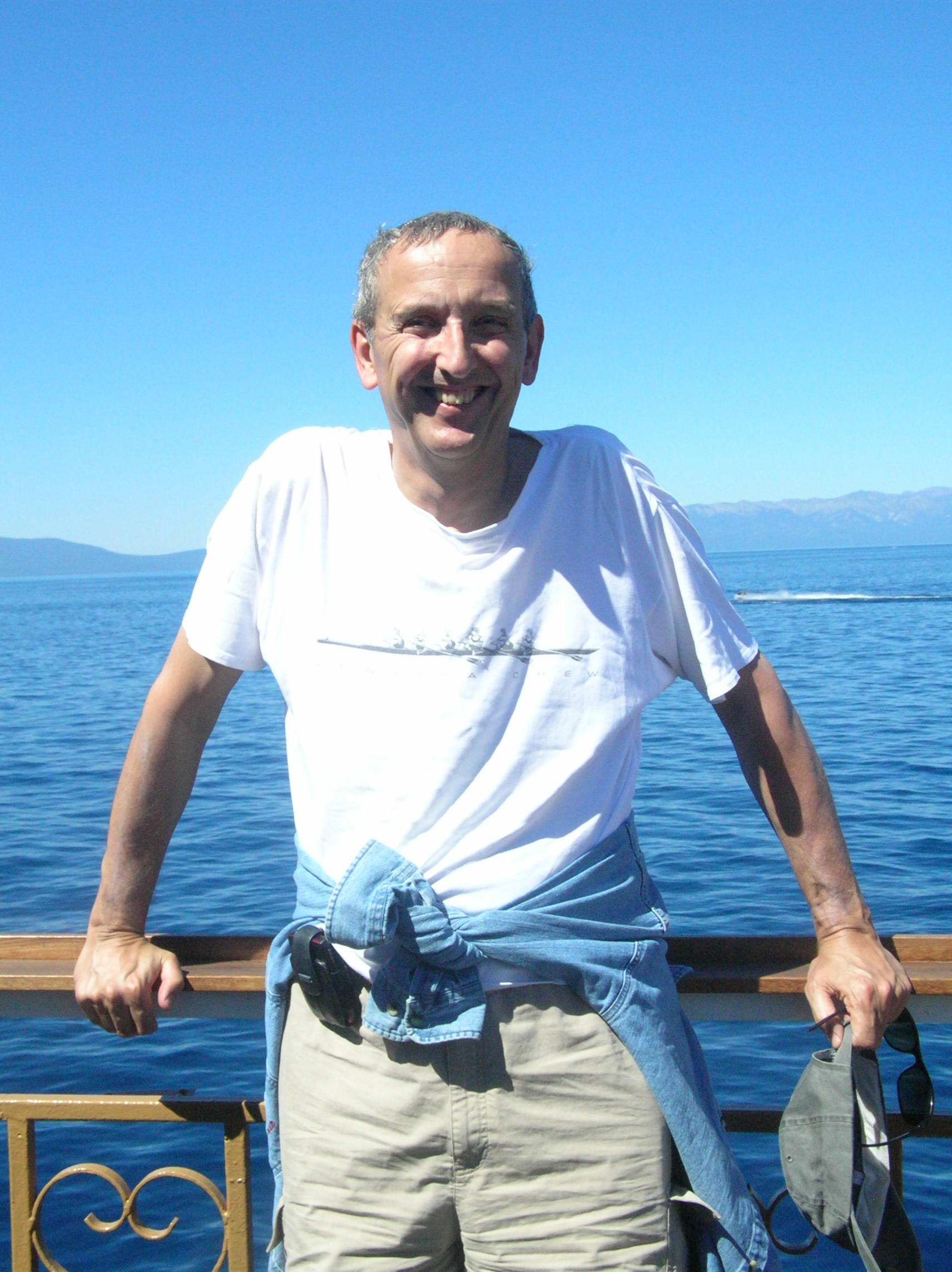I first encountered N T(Tom) Wright about 10 years ago when Dan Williamson, the rector of St. John’s, Roseville, where we worshiped urged me to read an article that Wright had written. The context was an ongoing discussion that Dan and I were having about what really happened at the first Easter. Specifically, was the Resurrection of Jesus a phenomenon of Jesus being raised physically from a tomb or was it matter of his followers coming to a significant understanding of who he is?
Given my Bultmannian background, I advocate for the latter. Dan is convinced Easter is all about the former. He relies on Wright to make the case.
I read the article he gave me and responded with the following:
Dan,
Thanks for the copy of Tom Wright’s Bible Review article on resurrection. It is another example that Wright is moving to a position that the Bible texts support. If that position does indeed express your view of the Resurrection, then you and I are closer than either of us probably thought! However, I suspect that is not the case.
In this article, Wright cites Romans 8:11 as a passage that indicates the early Christian significance of resurrection. This verse is from a pericope in which Paul contrasts flesh (sarxos) and spirit (pneumatos). “To set the mind on flesh is death, but to set the mind on the Spirit is life and peace.” (Verse 6). Paul then goes on to talk about resurrection of the body (somata). Part of what is interesting about this pericope (and Wright is well aware of this) is that it shows that Paul does not equate body with flesh. Soma meant one’s essence, one’s self. This was so for Paul and generally so in the ancient Hellenistic world. Thus, Resurrection of the soma does NOT mean what many today assume it means, namely a resurrection of the flesh. This, by the way coincides with Paul’s citing of the early testimony in I Corinthians 15: 3-8. In this earliest written witness to the Easter event there is NO mention of an empty tomb! Rather there is the testimony that Jesus was seen by Peter, by the 12, by 500, etc. (the passive voice of vision here is interesting too).
What I dislike about Wright is that he refuses to come clean. Wright expounds on the resurrection of the body but stops short of noting that “body” did not mean the same thing in the ancient world as it does for us Westerners. Wright sights the various New Testament texts but does not show the development of the descriptions of Christ’s resurrection. That development moves from mentioning that Christ “was seen” by disciples (i.e., they had visions of Christ) to stories that have him eating with his disciples on the seashore. However the earliest accounts that we have do not mention an empty tomb or anything physical on the part of Jesus of Nazareth. My sources are:
John Alsup, The Post-Resurrection Appearance Stories of the Gospel Tradition
Willi Marxson, The Resurrection of Jesus of Nazareth
Norman Perrin, The Resurrection according to Matthew, Mark and Luke
H.J. Richards, The First Easter, What Really Happened
Thus Dan, when we proclaim our belief in the resurrection of the body, I am with you. When you start proclaiming a physical resurrection of Jesus, I am not with you because you have left the more profound significance of the Scriptures.
The Easter event, the Resurrection of Jesus as the Christ, means that God raised and continues to raise Christ’s body (soma) in the life of those who become Christians. That is why, when we celebrate the Easter event with the newly baptized now, it is as new as it has been under similar circumstances for nearly 2000 years. We are not talking about a one-time event that happened to Jesus of Nazareth. We are talking about a repeating event that happens to each one who finds new life in Christ.
Again, thanks for the article. It gives me continual hope that Marcus Borg is beginning to get through to his friend from Oxford.
Shalom!
Dan and I agreed to disagree and life went on until Fuller Seminary, Sacramento sent notice that they were hosting Wright this November and he would give two talks. (see part 2)

